Superlatives or superficial? How class awards bring harsh judgments
As I grabbed a ballot from the front of the auditorium, my friend commanded me to write her in for “Most Athletic.” I jogged down the hallway back to my classroom and passed a boy who called out that he had voted me for “Most Likely to be President.” Pulling up a chair next to my friend, we desperately scrolled through the members of our grade group chat to find the “Biggest Threat to Pedestrians.”
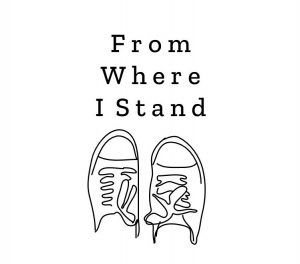 For decades, the gargantuan PMHS yearbooks have stored a senior superlative spread between club photos and class profiles. Organized by the yearbook staff, each senior votes a girl and boy from the grade for each superlative category. Superlative staples each year include “Most Attractive,” “Class Clown,” and “Biggest Heart.”
For decades, the gargantuan PMHS yearbooks have stored a senior superlative spread between club photos and class profiles. Organized by the yearbook staff, each senior votes a girl and boy from the grade for each superlative category. Superlative staples each year include “Most Attractive,” “Class Clown,” and “Biggest Heart.”
Comparing answers for the “Best Bromance” with classmates, it felt wrong to assign labels without reason to students I had gone to school with for six years but never really known. Who was I to say which girl is the best flirt or which guy had the biggest “glow-up”?
That class period became a sociological crash course for me as I realized the extent of disunity within our senior class, watched students who had mindlessly pledged to vote for friends, and slapped names on blank lines based on the mob decision of those around me. Although uncomfortable and unwilling to participate, I am a sucker for special elections, so I cast my vote like everyone else.
A few days later the results were revealed and students were left gleeful, disappointed, or, for most, mildly amused. At the end of the day, superlatives mean very little. They’re about afternoon’s worth of a conversation topic and serve as a couple cute pages of a hundred in the yearbook. But it was the raw, candid atmosphere of social judgment that day which compelled me to figure out why I was so bothered by senior superlatives.
Some take issue with the fact that superlatives are exclusive and may hurt the feelings of those elected or not included. I have no sympathy for such an argument, holding passionate objection to the special snowflake efforts to recognize each student for their individual talents. Trust me, that’s what the interminable senior awards ceremony is for in June.
What unsettled me was the blatant superficiality of the process. Much like the iconic Prom Queen and King reveals in a dozen American teen movies, there is no way around the fact that we literally voted on who was most attractive people in our grade. Not to mention the backhanded compliments or downright insults we dished out – who wants to be remembered as having the worst attitude? Where much of high school social interaction involves trepidation and shielded opinions, the superlatives called for a straight up rank of our peers based on appearance or personality.
This leads me to the larger issue senior superlatives represents. Sure, the process is ultimately harmless and all fun and games, but this clear act of superficiality is indicative of countless more insidious examples. Obviously, superlatives mean little in terms of one’s actual personhood or future – the view your peers have of you are just a small look into your life and don’t define who you are now or who you will be. But it plays into a categorization and specialization I vehemently oppose.
With the rise of social media and college and job competition for millennials, I feel there is a pressure to pick a set career path and personality as soon as possible and pledge to deviate little from this expected identity. This creates a brand for the corporation of yourself that you must maintain, and from then on people only know you and feel they only need to know you as a name, a face, a superlative. Legacies don’t mean much in the long run, but relationships with people do, and no relationship is sustainable if built on superficial labeling.
There is no harm in voting who you think has the biggest heart or best eyes – you’ll make someone’s day and have participated in a miniature democracy – but ideally, the whole tradition would be abolished for the sake of integrity. I adore high school traditions. I go nuts at pep rallies, proms and so forth. But we can live without this one.
A counter-argument for superlatives can be found here.
Violet Massie-Vereker writes the regular From Where I Stand column and is Opinions & Ideas Editor for the Pelham Examiner.
Violet Massie-Vereker is a senior at Pelham Memorial High School. Her experience in journalism includes writing for the News of Pelham for the past two...



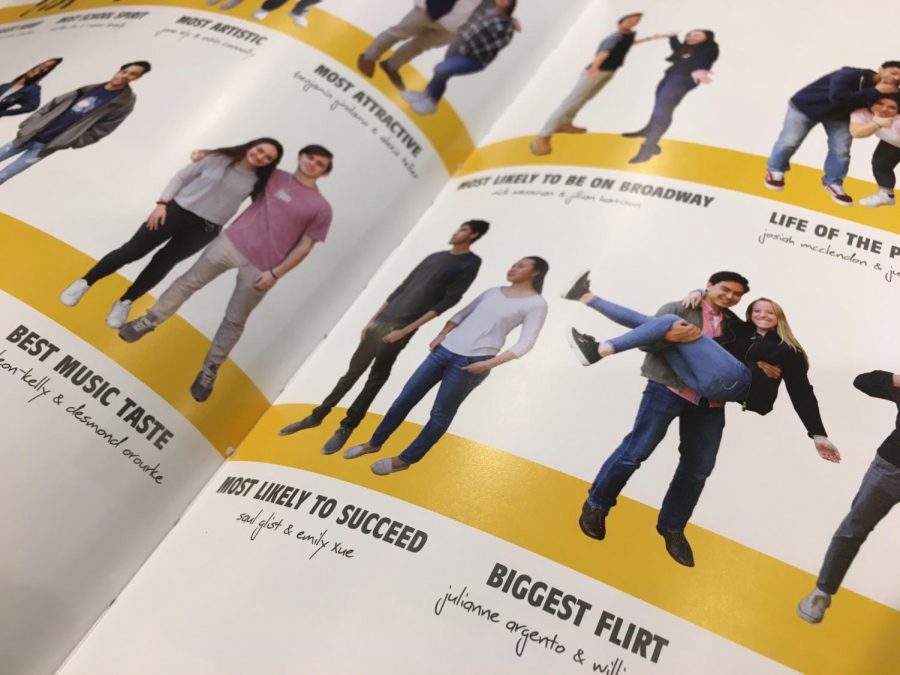

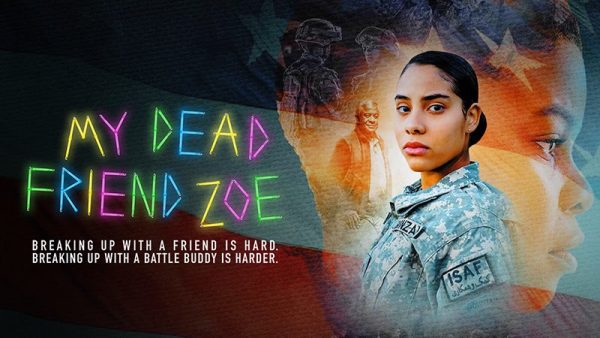
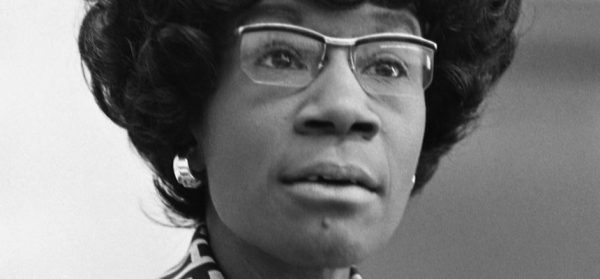



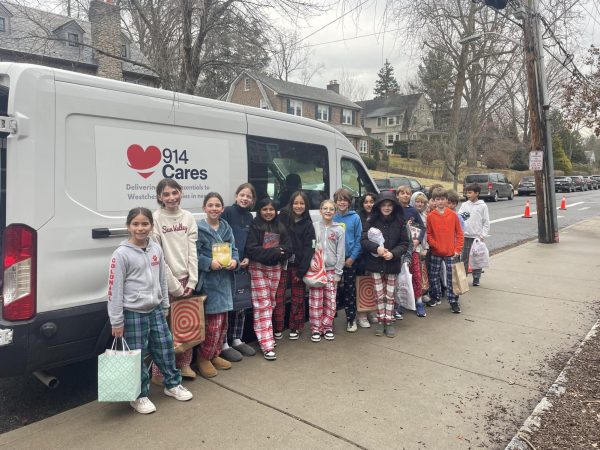
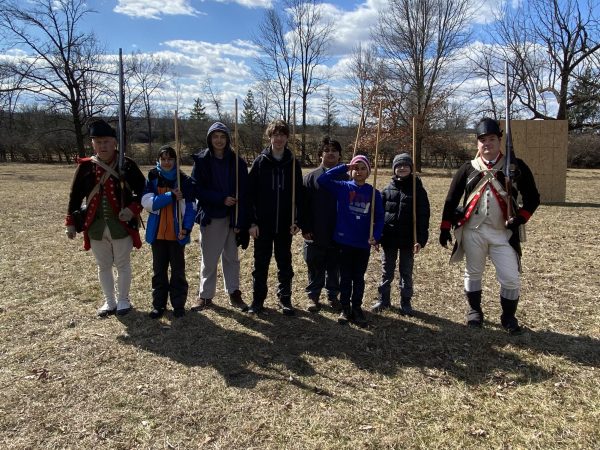
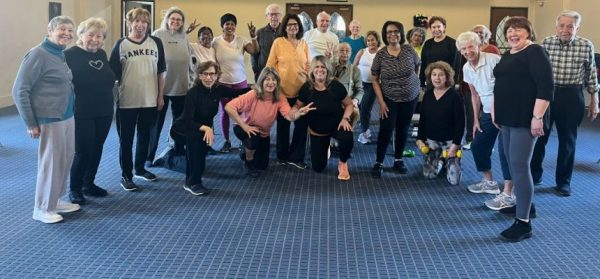
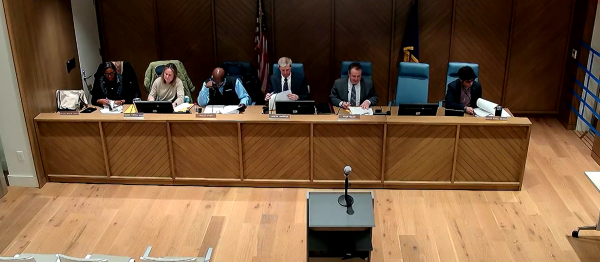
Patricia Maxwell • Dec 8, 2018 at 4:45 pm
Wonderful insight, Violet. In this age of on-line bullying, etc., you bring to light just one more way that a frail ego can be injured in this tradition, which, on the surface, seems harmless. My children have graduated and moved on, but for the up and coming classes, this portion of the yearbook would only be missed by the winners of the categories.